Cindi Duchow, Wisconsin State Representative for 97th District | https://www.facebook.com
Cindi Duchow, Wisconsin State Representative for 97th District | https://www.facebook.com
According to the Wisconsin State Legislature's official website, the bill was described as follows: "school district operating referenda".
The following is our breakdown, based on the actual bill text, and may include interpretation to clarify its provisions.
In essence, this bill proposes changes to the rules governing school district operating referenda by eliminating recurring operating referenda and restricting a nonrecurring operating referendum to a maximum duration of four years. Under current law, school districts can exceed revenue limits set by general school aids and property taxes through referenda for both recurring and nonrecurring purposes, allowing districts to raise excess revenue permanently for recurring purposes. The proposed changes necessitate that any operating referendum aimed at exceeding the revenue limit be exclusively for nonrecurring purposes, with each such referendum limited to a four-year period. The bill affects any school board resolution under these provisions adopted on or after the act's effective date.
The bill was co-authored by Senator Chris Kapenga (Republican-33rd District), Representative Scott Allen (Republican-82nd District), Representative Elijah R. Behnke (Republican-6th District), Representative Lindee Rae Brill (Republican-27th District), Representative Bob G. Donovan (Republican-61st District). It was co-sponsored by Senator Steve L. Nass (Republican-11th District) and Senator Cory Tomczyk (Republican-29th District), along 11 other co-sponsors.
Cindi Duchow has co-authored or authored another 11 bills since the beginning of the 2025 session, with none of them being enacted.
Duchow graduated from the University of Wisconsin.
Duchow, a Republican, was elected to the Wisconsin State Assembly in 2025 to represent the state's 97th Assembly district, replacing previous state representative Scott Allen.
In Wisconsin, the legislative process starts when a senator, constituent, group, or agency proposes an idea for a bill. After drafting, the bill is introduced, numbered, and referred to a committee for review and public input. If approved, it moves through three readings and votes in both the Senate and Assembly. Once both chambers pass the same version, the bill goes to the governor, who can sign it, veto it, or let it become law without a signature. Only a small share of bills introduced each session ultimately become law. You can learn more about the Wisconsin legislative process here.
| Bill Number | Date Introduced | Short Description |
|---|---|---|
| AB71 | 02/24/2025 | School district operating referenda |
| AB51 | 02/20/2025 | Participation in interscholastic athletics and application of the public records and open meetings laws to interscholastic athletic associations |
| AB34 | 02/17/2025 | Court-issued criminal complaints in officer-involved deaths |
| AB8 | 02/06/2025 | Agreements for direct primary care |
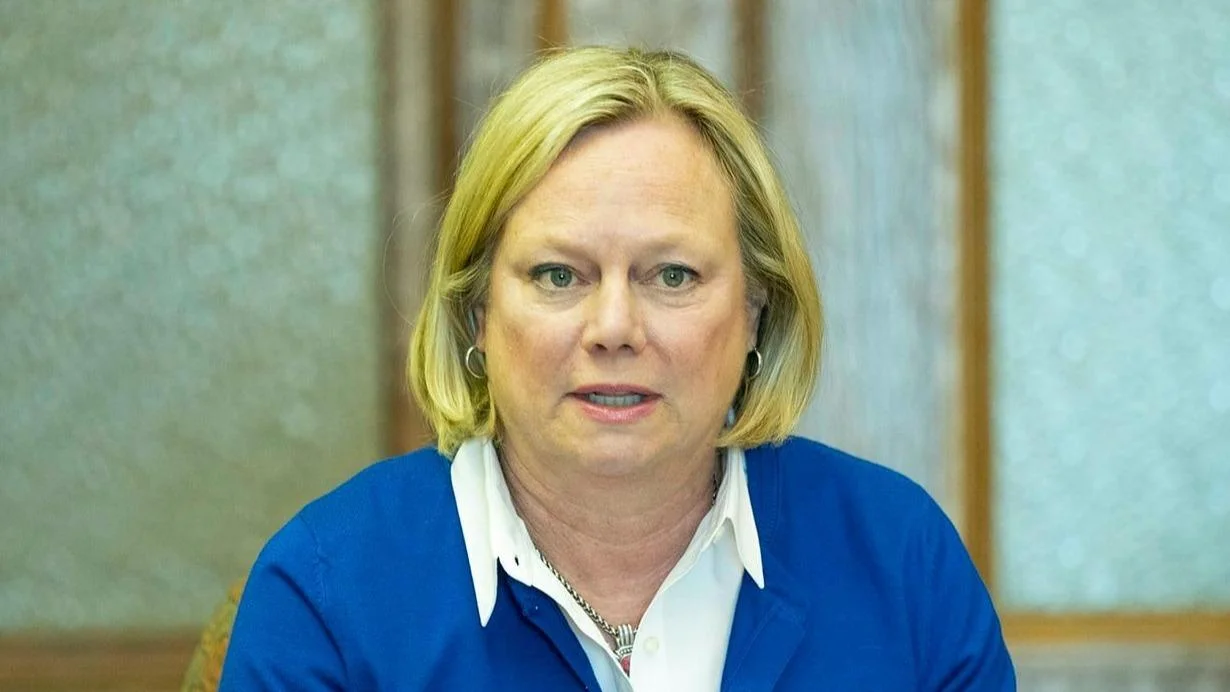
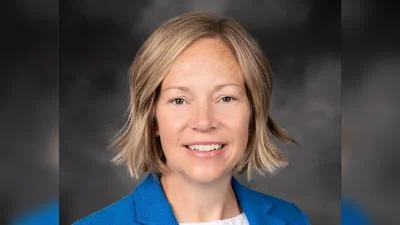
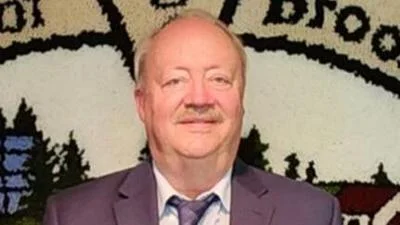
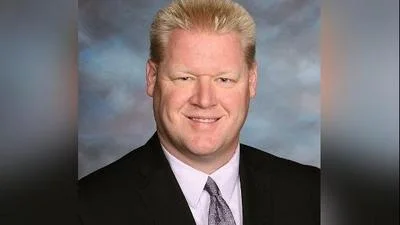
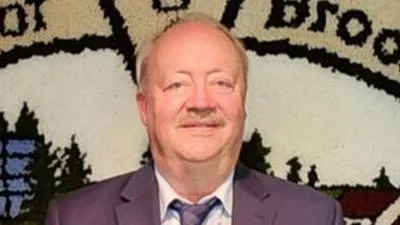

 Alerts Sign-up
Alerts Sign-up